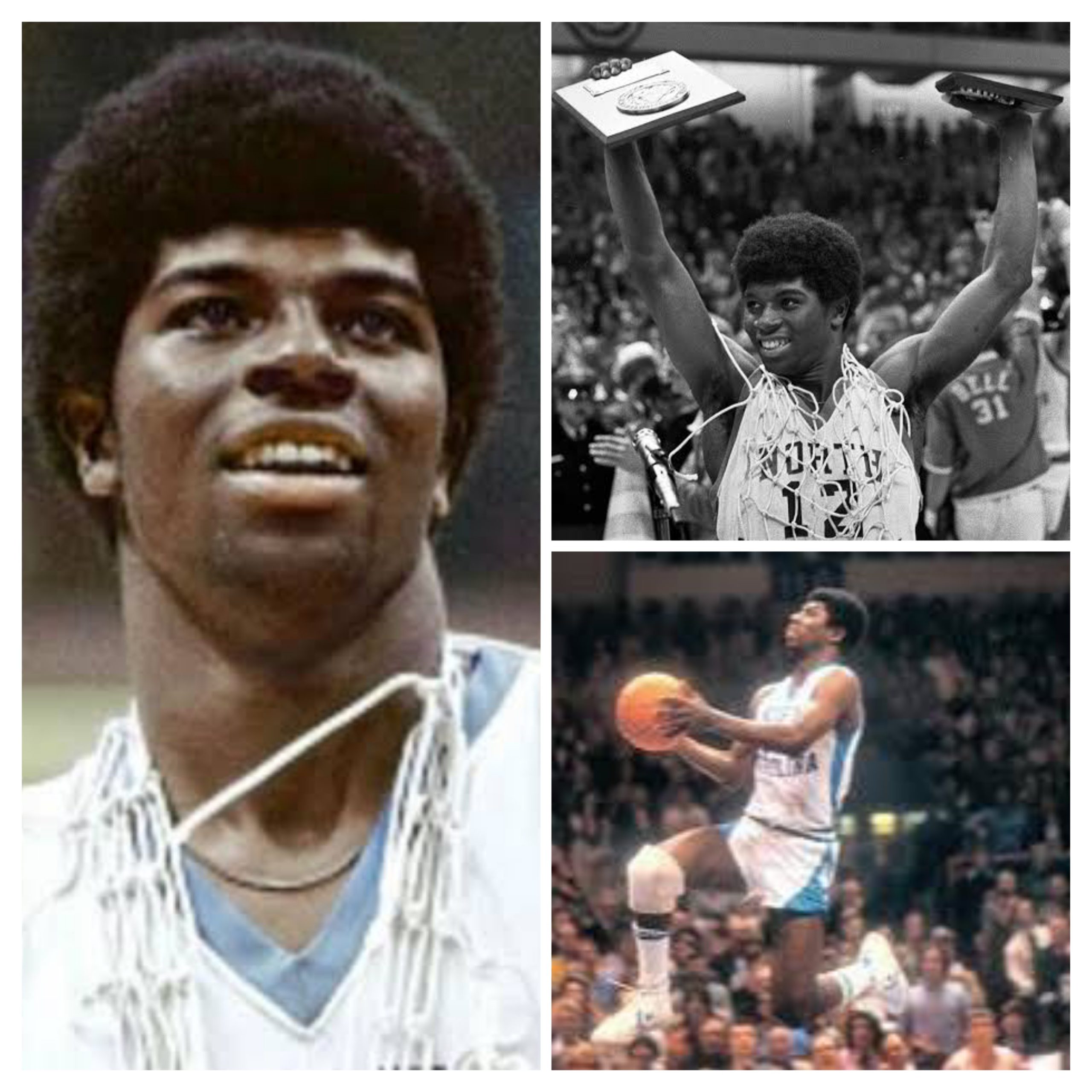Before there were banners, before Dean Smith became a household name, and long before the Tar Heels became synonymous with basketball royalty, there was Phil Ford — the player who gave North Carolina its swagger, soul, and a blueprint for greatness. With unmatched poise, a fierce competitive spirit, and a smooth game that rewrote the ACC record books, Ford wasn’t just a point guard; he was the heartbeat of Chapel Hill.
Phil Ford’s story is more than just a tale of on-court brilliance — it’s a legacy that laid the foundation for UNC basketball’s dynasty. Revered as one of the most influential Tar Heels to ever lace up his sneakers, Ford’s time in Chapel Hill helped transform a proud program into a national powerhouse. And decades later, his name still echoes across the Dean Dome as a symbol of excellence, leadership, and unwavering loyalty.
Born on February 9, 1956, in Rocky Mount, North Carolina, Ford quickly became a local legend with his dazzling skills and high basketball IQ. But it was when he stepped onto the court at the University of North Carolina in 1974 that the college basketball world took notice. Under the guidance of Hall of Fame coach Dean Smith, Ford emerged as the engine of one of the most methodical and unselfish teams in America. He wasn’t flashy. He wasn’t loud. But his control of the game was surgical — often turning complex situations into effortless basketball poetry.
Ford made an immediate impact as a freshman, leading the Tar Heels in scoring and earning ACC Rookie of the Year honors. By his senior year, he had become a two-time First Team All-American and had claimed the 1978 Wooden Award as the National Player of the Year. His career averages of 18.6 points and 6.1 assists per game are a testament to his balance of scoring and playmaking — and his 2,290 career points stood as a UNC record for over two decades.
But what truly set Phil Ford apart was his ability to lead. Known for mastering Coach Smith’s infamous “Four Corners” offense, Ford would often dribble opponents into submission, dictating tempo with ice in his veins. In an era where the shot clock didn’t exist, he became a master of clock control and closing games — a lethal weapon when the stakes were highest.
Ford’s crowning moment as a Tar Heel came in the 1977 NCAA Tournament, when he led UNC to the national title game. Though the Tar Heels fell short against Marquette, Ford’s performance throughout the tournament solidified his place in college basketball history. He left UNC as the program’s all-time leading scorer and was drafted second overall in the 1978 NBA Draft by the Kansas City Kings.
His NBA career started strong — he was named NBA Rookie of the Year in 1979. But injuries would eventually cut his professional playing days short. Yet Phil Ford’s impact on the game was far from over.
Ford returned to the UNC sidelines as an assistant coach under Dean Smith and later Bill Guthridge, playing a key role in mentoring future stars like Vince Carter, Antawn Jamison, and Ed Cota. His presence on the bench wasn’t just about drawing up plays — it was about instilling the Carolina way. Players respected him. Fans adored him. And the program never lost sight of the fact that Phil Ford was one of its true blue bloods.
Off the court, Ford became a pillar of the community. He was admired for his humility, grace, and the way he always carried the Carolina Blue with pride. His contributions to basketball and society earned him several honors, including being inducted into the College Basketball Hall of Fame in 2012. His No. 12 jersey hangs proudly in the rafters of the Dean E. Smith Center — not just for what he did, but for who he was.
Today, as debates rage on about UNC’s greatest player — from Michael Jordan to James Worthy, Tyler Hansbrough to Antawn Jamison — many still point to Phil Ford as the ultimate Tar Heel. Not because he was the flashiest. Not because he had the most rings. But because he embodied the spirit of Carolina basketball better than anyone else.
He was the quiet assassin. The calm in the storm. The first true general of Dean Smith’s army.
Phil Ford’s story isn’t just about stats or trophies. It’s about leadership, legacy, and loyalty. He was the bridge between eras — the foundation that helped make North Carolina one of the most iconic programs in college basketball history.
As long as there’s basketball in Chapel Hill, there will be whispers of Phil Ford. In every pass, every drive, every disciplined possession — his fingerprints remain.
He didn’t just play for Carolina.
He was Carolina.






















